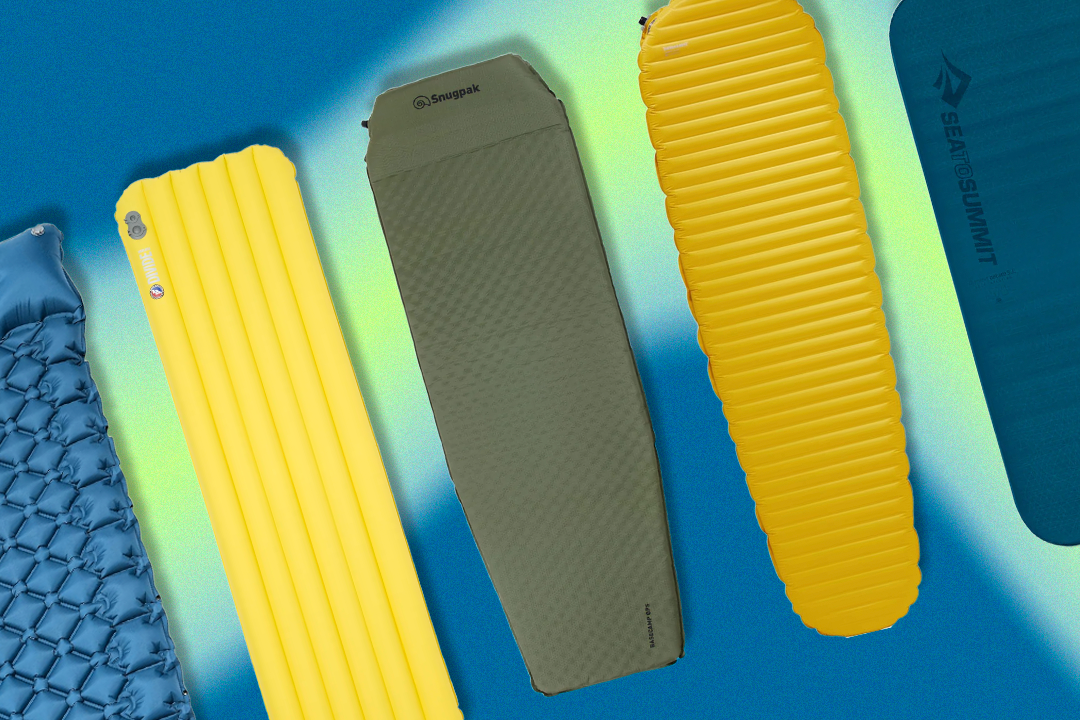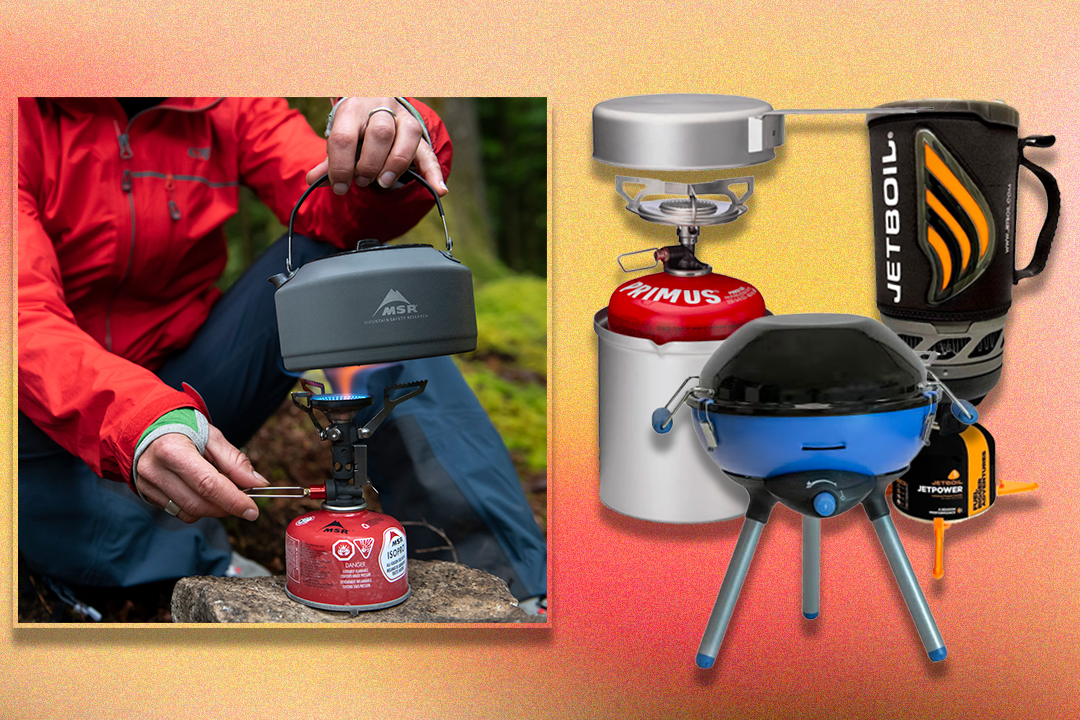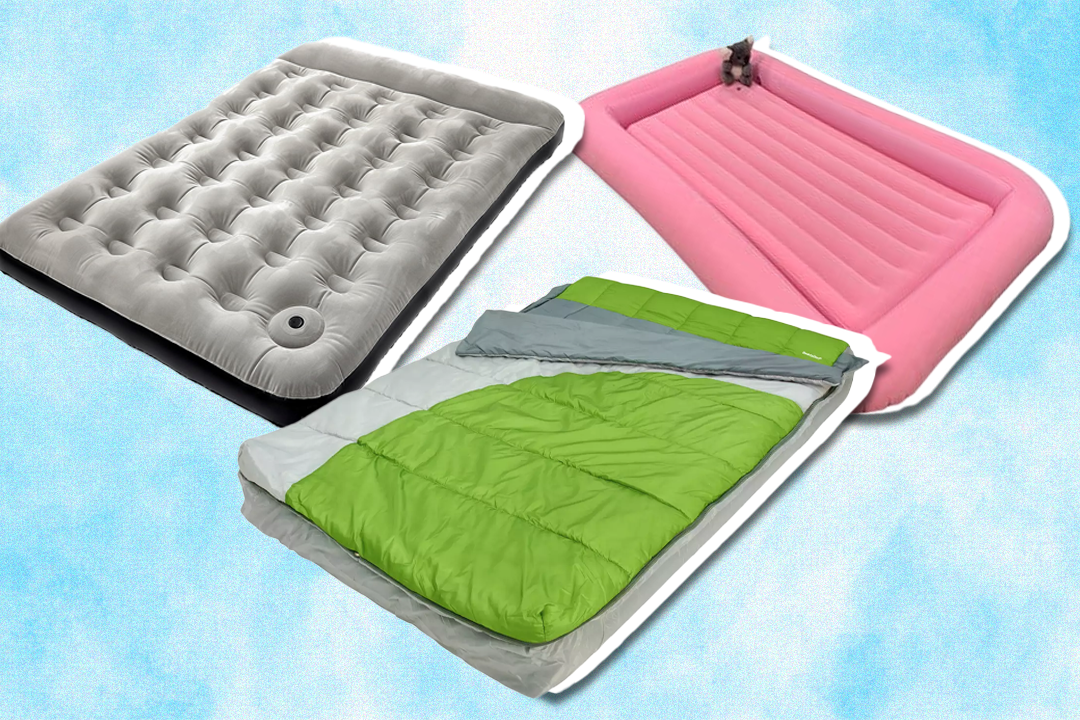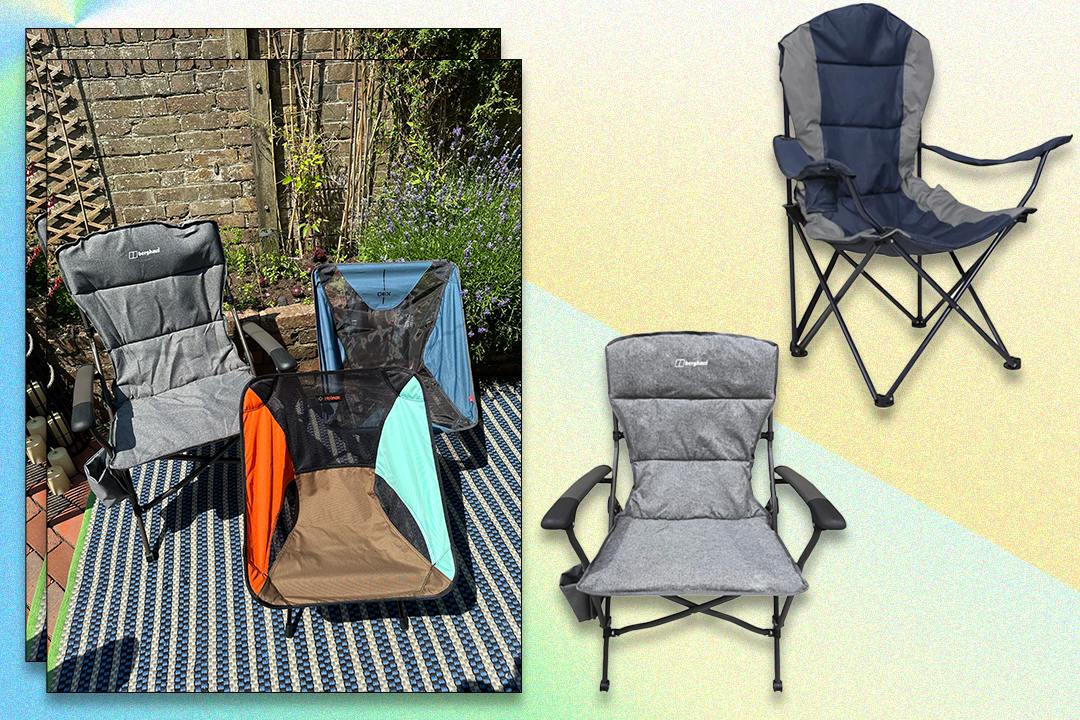
The Independent's journalism is supported by our readers. When you purchase through links on our site, we may earn commission. Why trust us?
10 best backpacking tents that are light enough to take on every adventure
Need a tent you can carry all day long? Bag one of these top-rated designs
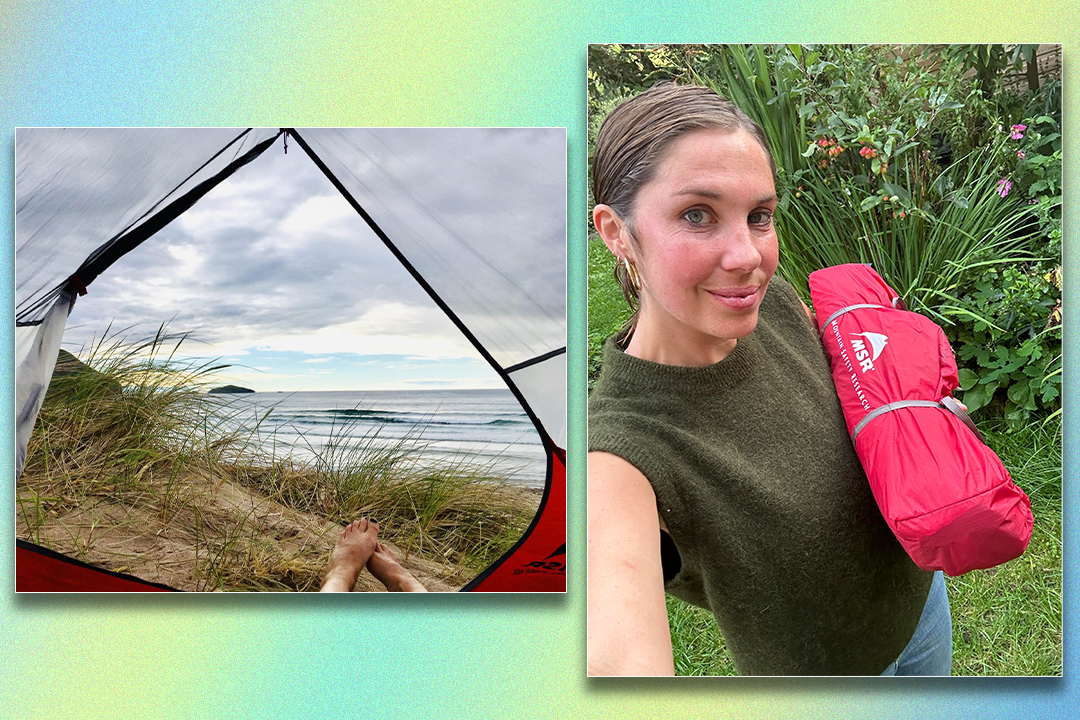
Planning a multi-day adventure in the great outdoors? A hardworking backpacking tent is the most important bit of kit you can take along for the ride. As the name suggests, a backpacking tent is designed to be carried in your rucksack or bike pannier, so, it should be as lightweight, compact and packable as possible. Being waterproof is essential, too, and while comfort is important, you’re not looking for a roomy, multi-bedroomed mansion of a tent here – you’ll want to save on weight when walking or cycling between camping spots.
Anything weighing less than two kilos is ideal. A tent weighing between two and four kilos will still serve purpose, but you may want to divide up a heavier tent between two people’s backpacks, if you’re going to be sharing it come bedtime.
Stick to backpacking tents that sleep one to three people. One-person tents really do only have space for one adult inside, often only with room to sit up at one end and with quite limited space for kit, so, you may still want to pick a light two-person tent if you’ve got lots of gear with you, or if you aren’t covering long distances on your solo adventure. Roomier two- and three-person tents will usually fit two adults comfortably.
Any tent you buy needs to be able to withstand bad weather – the model you pick should be a ‘twin skin’ (a tent with an outer ‘fly’ layer as well as an inner tent) and feature a waterproof rain fly and a tough, built-in nylon floor, to stop the wet seeping in. Check the hydrostatic head (HH) of your new tent, and look for options with lots of guy ropes to help you secure the tent against high winds.
You’ll see both rounder dome tents and narrower tunnel tents available – if you’re planning to sleep on exposed mountain sides, a dome-style tent is a good choice for better wind resistance.
With all that in mind, keep reading to find out which backpacking tents impressed us the most during testing.
How we tested
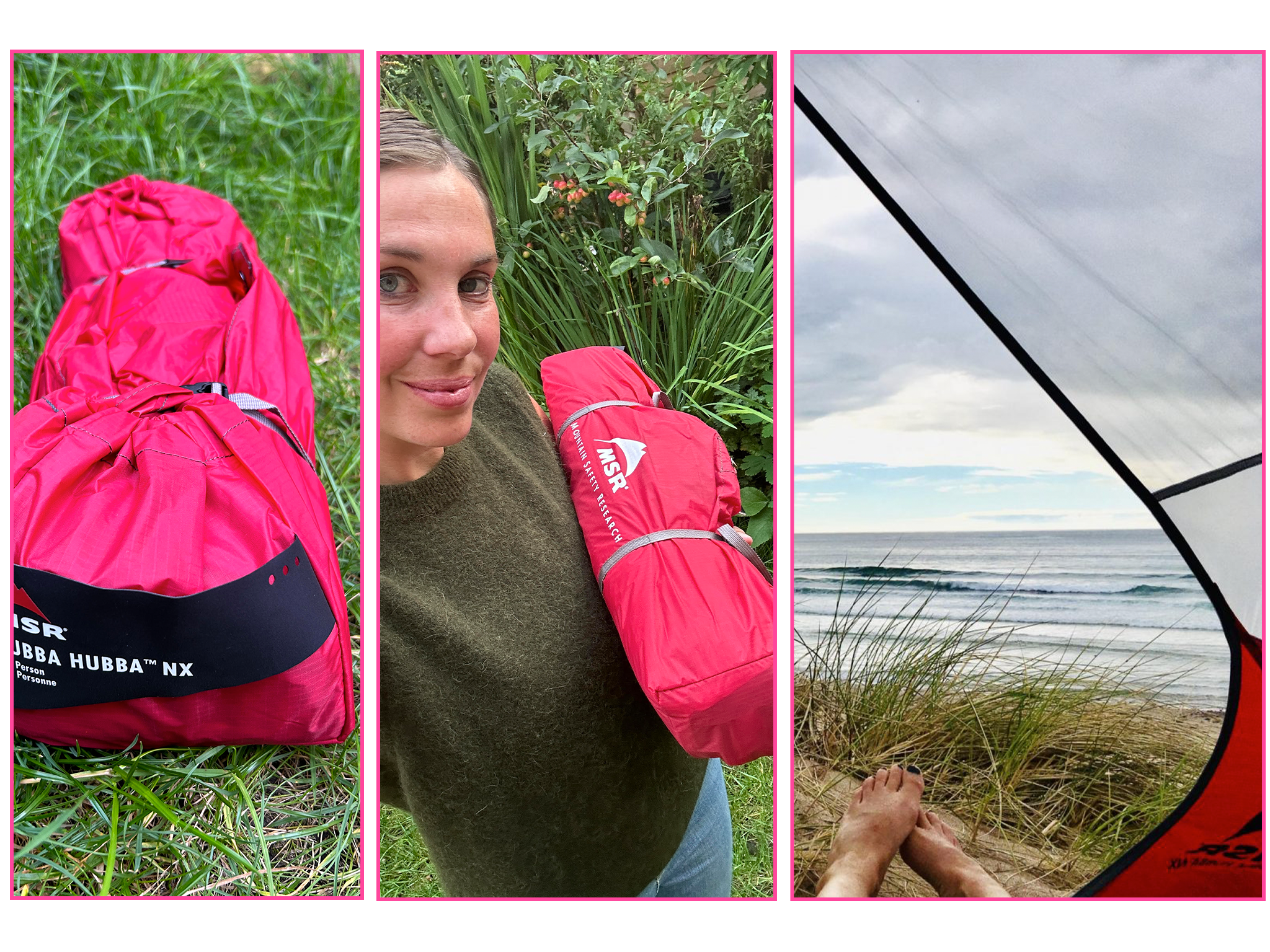
We tested each of these backpacking tents during two-day hikes with overnight wild camps. We looked for portable weight, easy pitching and decent space inside. Where possible, we also tested the waterproofing of each tent during summer storms.
The best backpacking tents for 2024 are:
- Best overall – MSR hubba hubba NX tent: £459, Cotswoldoutdoor.com
- Best budget buy – Mountain Warehouse backpacker lightweight two-person tent: £64.99, Mountainwarehouse.com
- Best for bad weather – Vango halo 300 tent: £204.99, Amazon.co.uk
- Best eco-friendly design – Nemo mayfly OSMO: £414.99, Ultralightoutdoorgear.co.uk
- Best lightweight model – Vango project hydrogen air: £574, Amazon.co.uk
MSR hubba hubba NX tent

- Best: Overall
- Sleeps: Two
- Weight: 1.72kg
- Waterproofing: 1,200mm
- Why we love it
- High quality materials
- Fast and simple to pitch
- Stands strong against wind
- Roomy
All the MSR tents we’ve ever tested are really well made, and their quality components are worth the spend if you want a tent that will last you for years of adventure. The bestselling hubba hubba is our pick of the brand’s backpacking offerings, and this new iteration is fast and simple to pitch, with poles that click together quickly and hold brilliantly during strong winds. The inside is light and roomy, with plenty of space for two people plus gear, and two doors and two porches offer even more room for kit. The inner tent can be pitched alone on summer nights, too.
Mountain Warehouse backpacker lightweight two-person tent
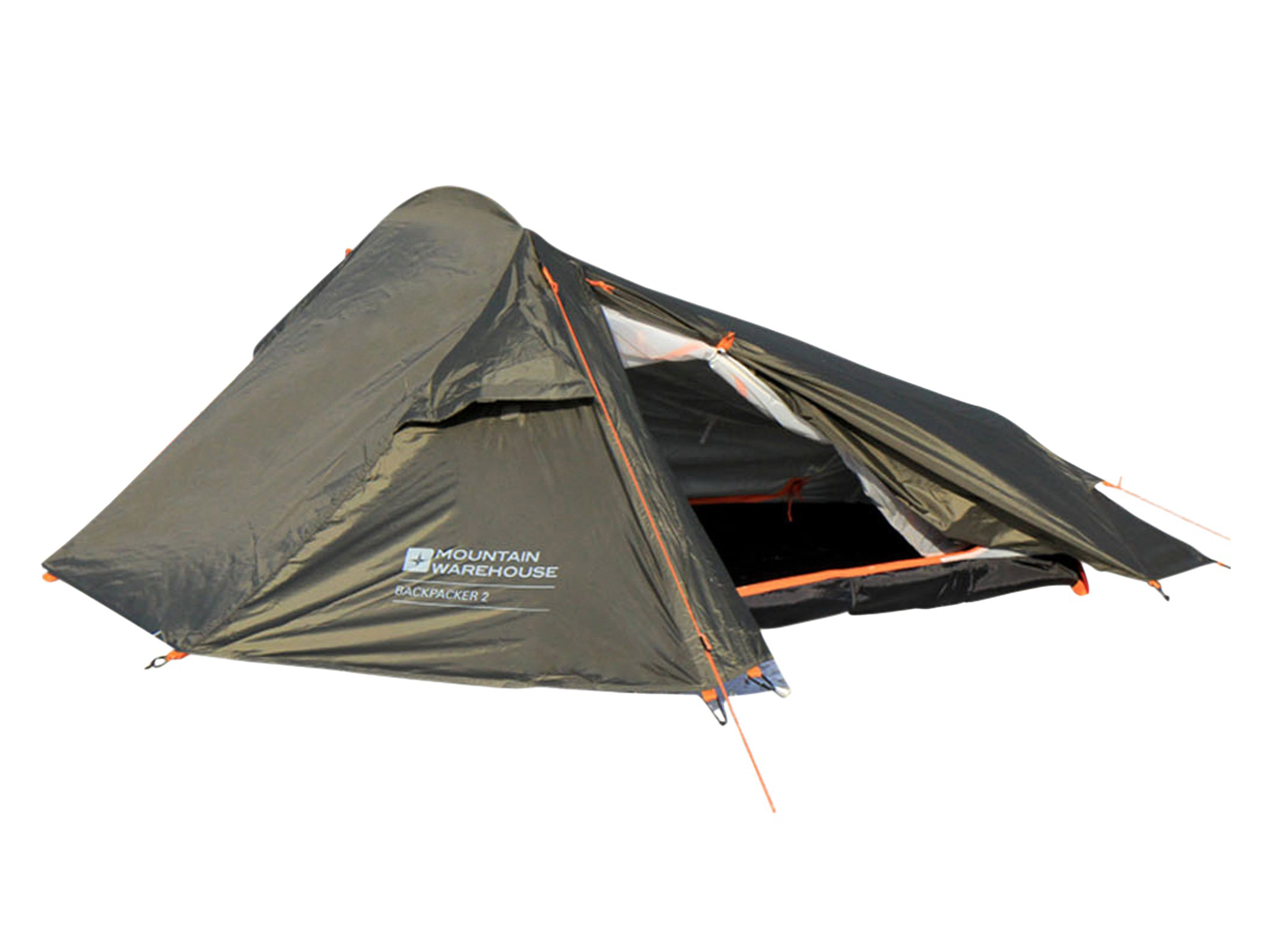
- Best: Budget buy
- Sleeps: Two
- Weight: 1.9kg
- Waterproofing: 2,000mm
- Why we love it
- Tough flysheet
- Take note
- Would struggle with serious weather conditions
Mountain Warehouse is here to prove adventure gear needn’t cost the earth, with this two-person tent that costs a tenth of the price of the most expensive option we tested. The backpacker weighs less than 2kg and is waterproof enough to withstand a shower (although, we wouldn’t take it out in really rough conditions). Plus, the flysheet feels reassuringly tough. Inside, there’s room for two to squeeze in (it’s palatial for one), and two porches are great for stashing kit. This is a backpacking bargain.
Vango halo 300 tent
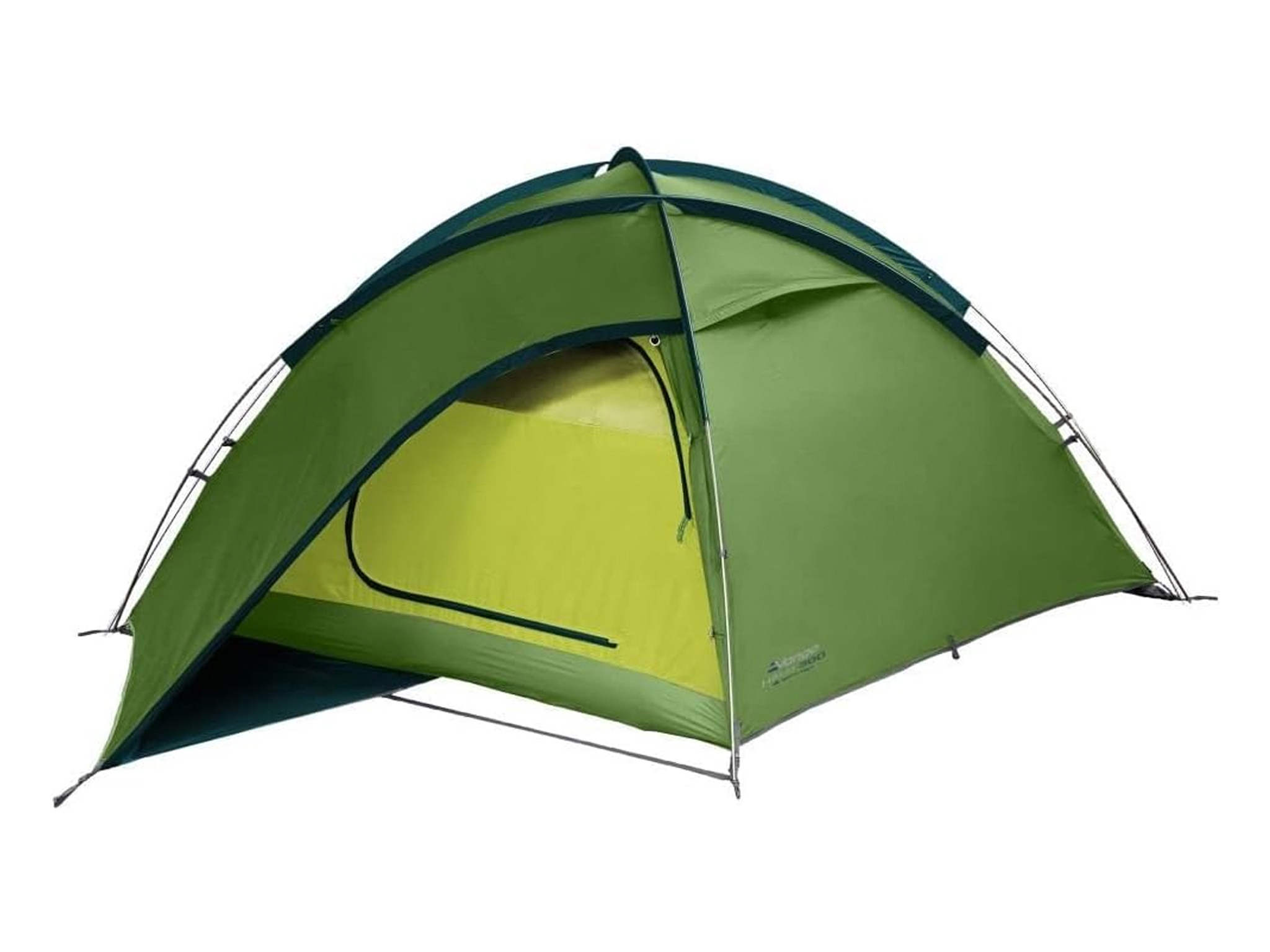
- Best: For bad weather
- Sleeps: Three
- Weight: 4.2kg
- Waterproofing: 3,000mm
- Why we love it
- Ample space
- Take note
- Hefty
This tent punches above its price point when it comes to design – its semi-geodesic structure gives great stability during harsh weather conditions, making it perfect for both weekend treks and more adventurous trips. Its three-person capacity provides ample space for two people plus gear, and its double door design ensures good ventilation. The waterproof flysheet and robust build are good for wet and windy conditions but the halo is let down by its weight – at 4.2kg, it’s a lot heftier than other models aimed at backpacking.
Coleman cobra 3 tent
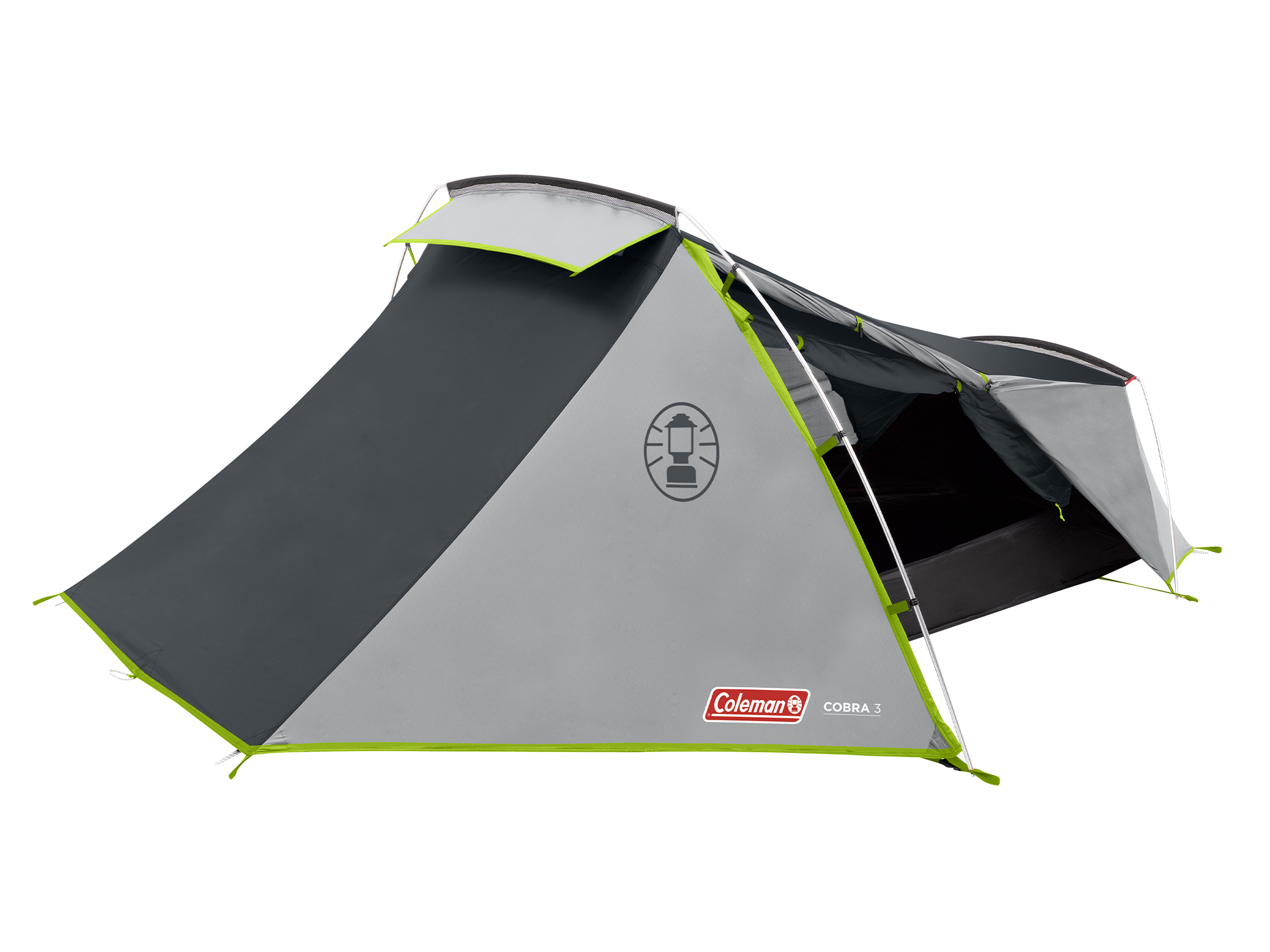
- Best: Mesh-lined tent
- Sleeps: Three
- Weight: 3.3kg
- Waterproofing: 3,000mm
- Why we love it
- Wind-stable
- Roomy
- Two-wide porches
- Easy to split between two people
- Take note
- Isn’t too lightweight
After a wind-stable backpacking tent that’s roomy enough to share with a friend, without feeling like you’re packed in like sardines? This could be the answer (although, three sharing would be a squeeze). Good waterproofing and a nylon ground sheet will withstand a shower, and two wide porches are ideal for storing muddy boots. While the cobra isn’t super lightweight, it’s easy to split between two people, and there’s an effective inner mesh lining.
Nemo mayfly OSMO three-person tent
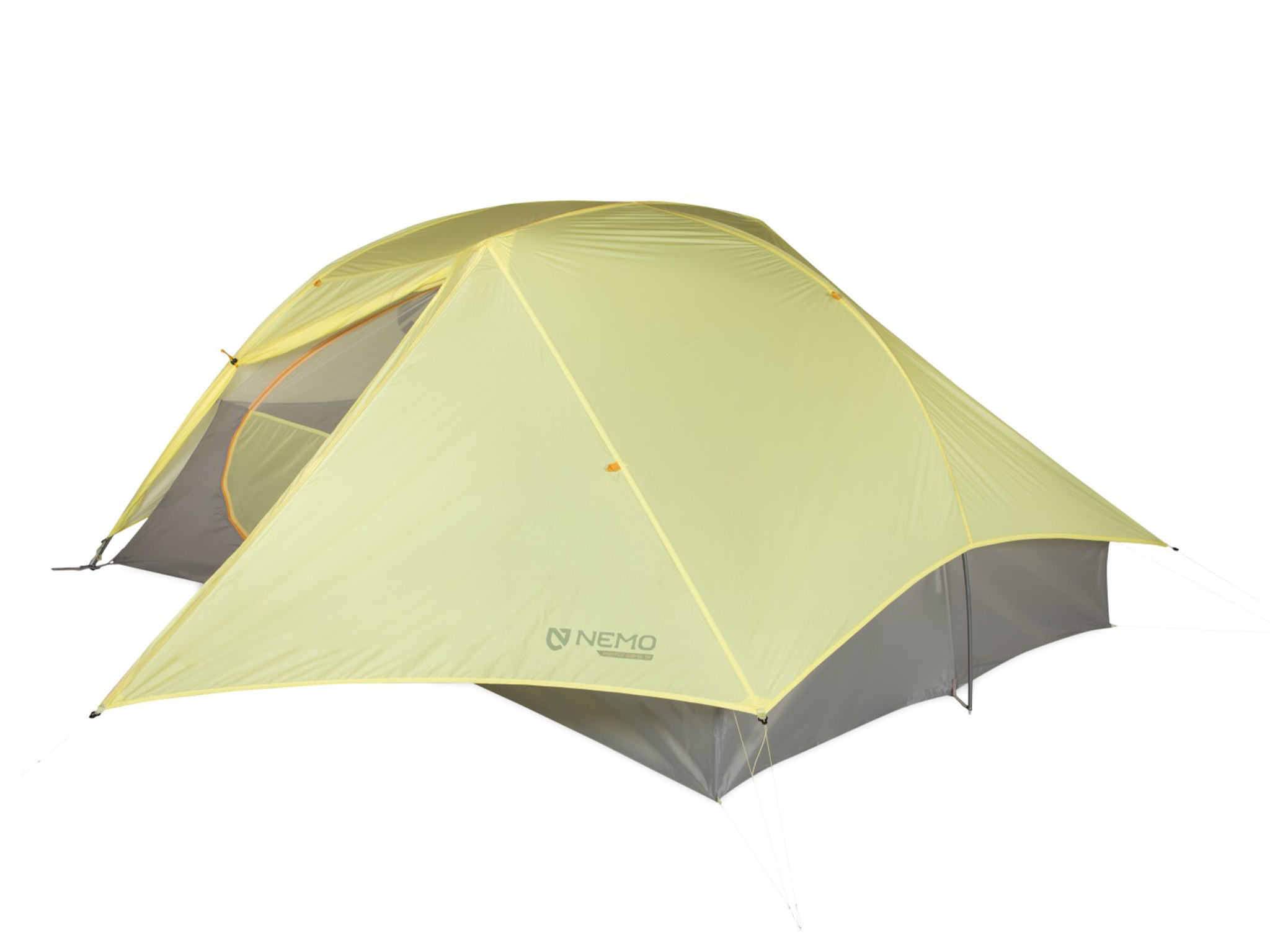
- Best: Eco-friendly design
- Sleeps: Three
- Weight: 1.58kg
- Waterproofing: 1,500mm
- Why we love it
- Pleasing design
- Durable and tough
- Recycled material
- Take note
- Better for two than three
This pastel-yellow tent is quite – dare we say it – pretty, but the mayfly was possibly the toughest tent we tested, too. From the durable ripstop floor to the highly waterproofed, storm-ready outer fly, you’re in safe hands with this design. We also liked that Nemo aims to make its design as eco-friendly as possible, using recycled polyester and nylon to construct the fly and opting for PFAS-free waterproofing. While this tent can technically take three people, it excels as a backpacking tent for two.
Regatta montegra four-person backpacking tent
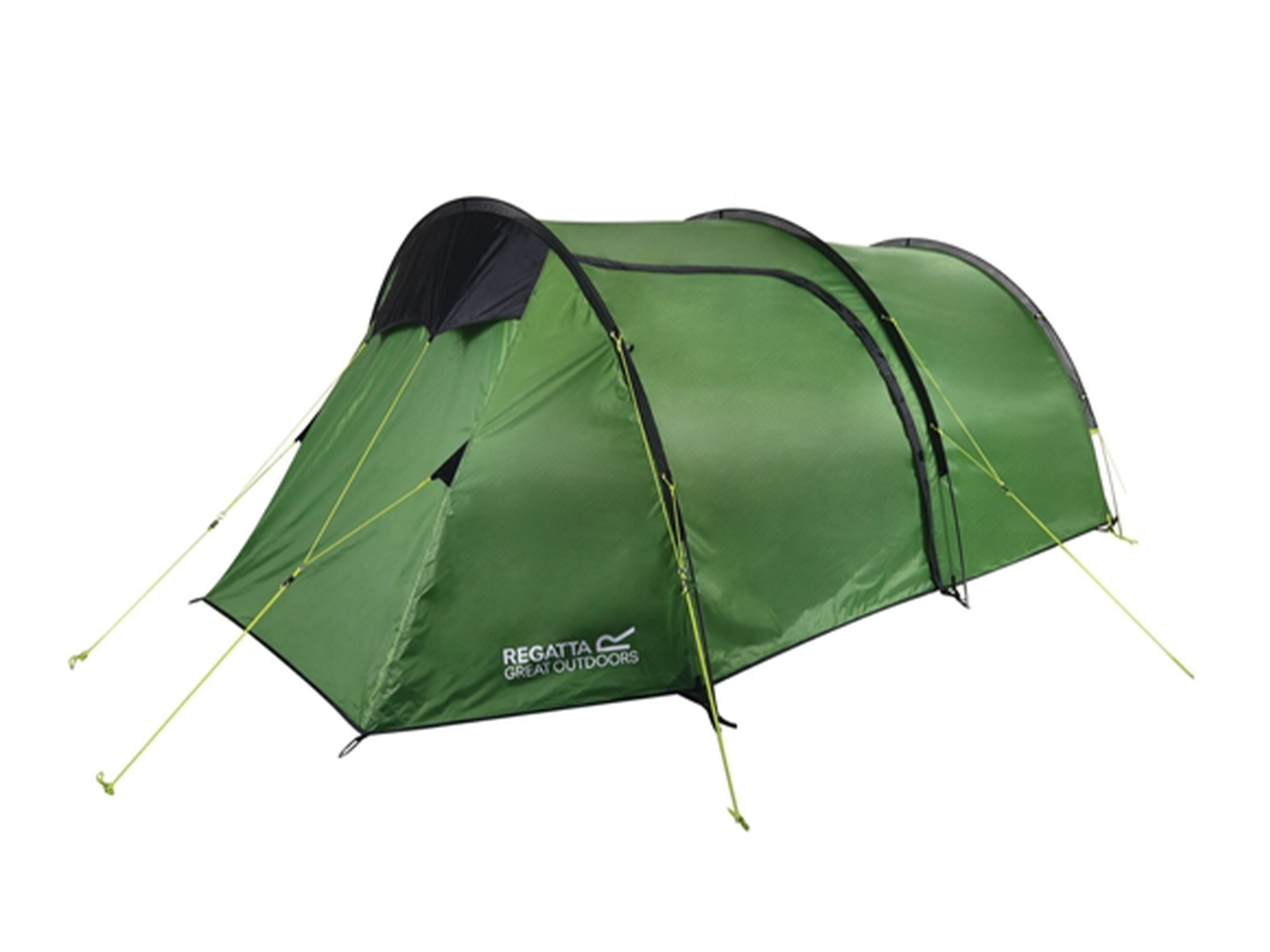
- Best: Four-person tent
- Sleeps: Four
- Weight: 5.5kg
- Waterproofing: 10,000mm
- Why we love it
- Great for groups
- Loads of space
- Take note
- On the big and bulky side
If you’re backpacking with a group or just fancy a bit more room, a four-person tent could suit you best. The compromise with a bigger capacity is you’re usually adding extra weight, but most tents can be split into parcels to share between hikers. Weighing 5.5kg, Regatta’s montegra is on the big and bulky side but you do get loads of space and a big porch. This is a good all-rounder weekend camps and festivals tent that you could also take backpacking at a pinch.
Vango F10 xenon UL 2
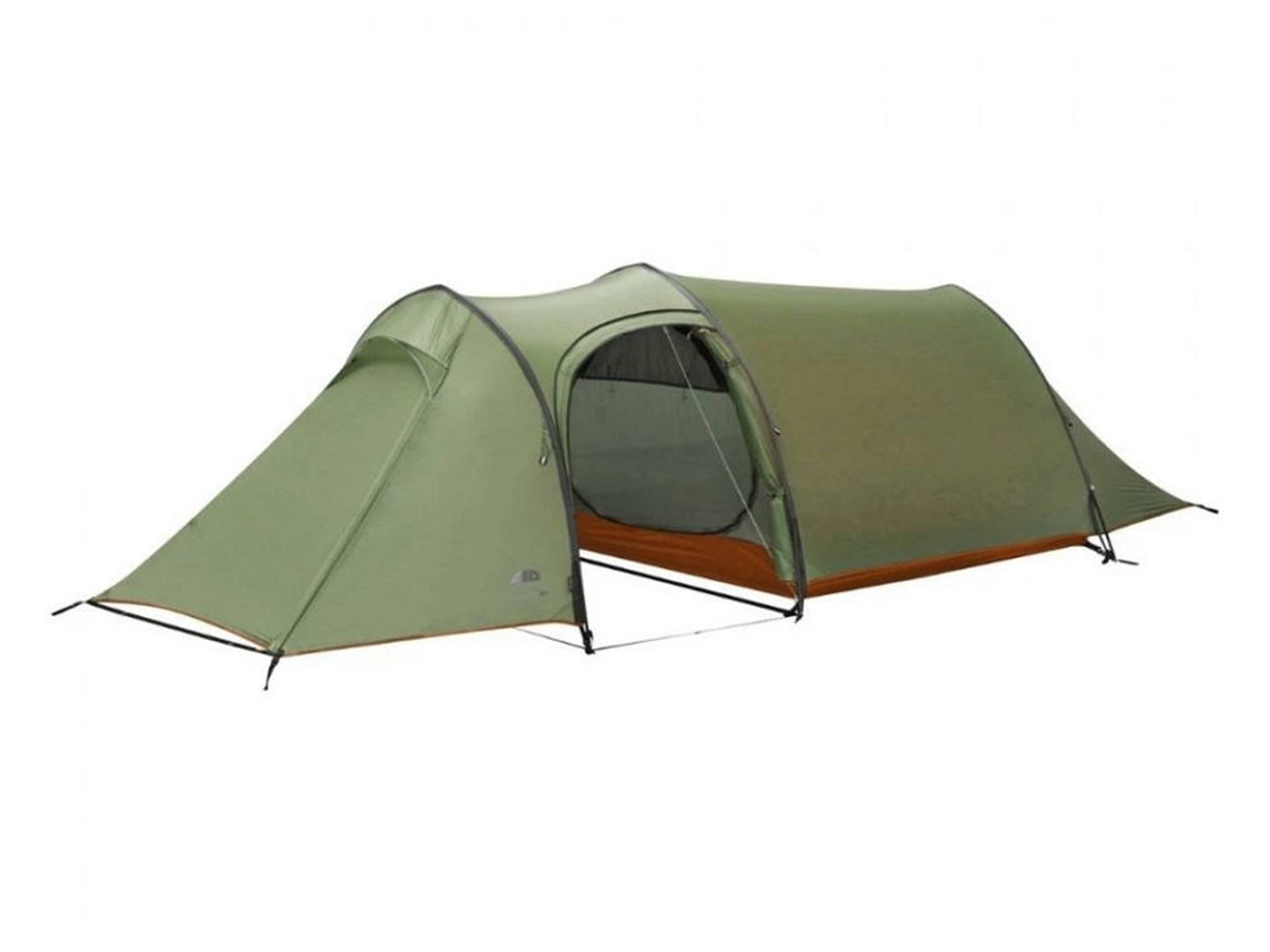
- Best: Two-person tent
- Sleeps: Two
- Weight: 1.64kg
- Waterproofing: 6,000mm
- Why we love it
- Tardis-like
- Small and light
- Versatile
A Tardis-like backpacking tent, this design delivers great living space. Vango’s xenon offers more height than most of the teeny tents we tested. There’s plenty of room for two people to sleep or sit up inside, making this a versatile choice for both backpacking and longer camping stays – or even a festival weekend. The tent is pitched all in one, which is easy once you get the hang of it, and a big vestibule is perfect for cooking in during a bout of bad weather.
Sierra Designs meteor lite 3000
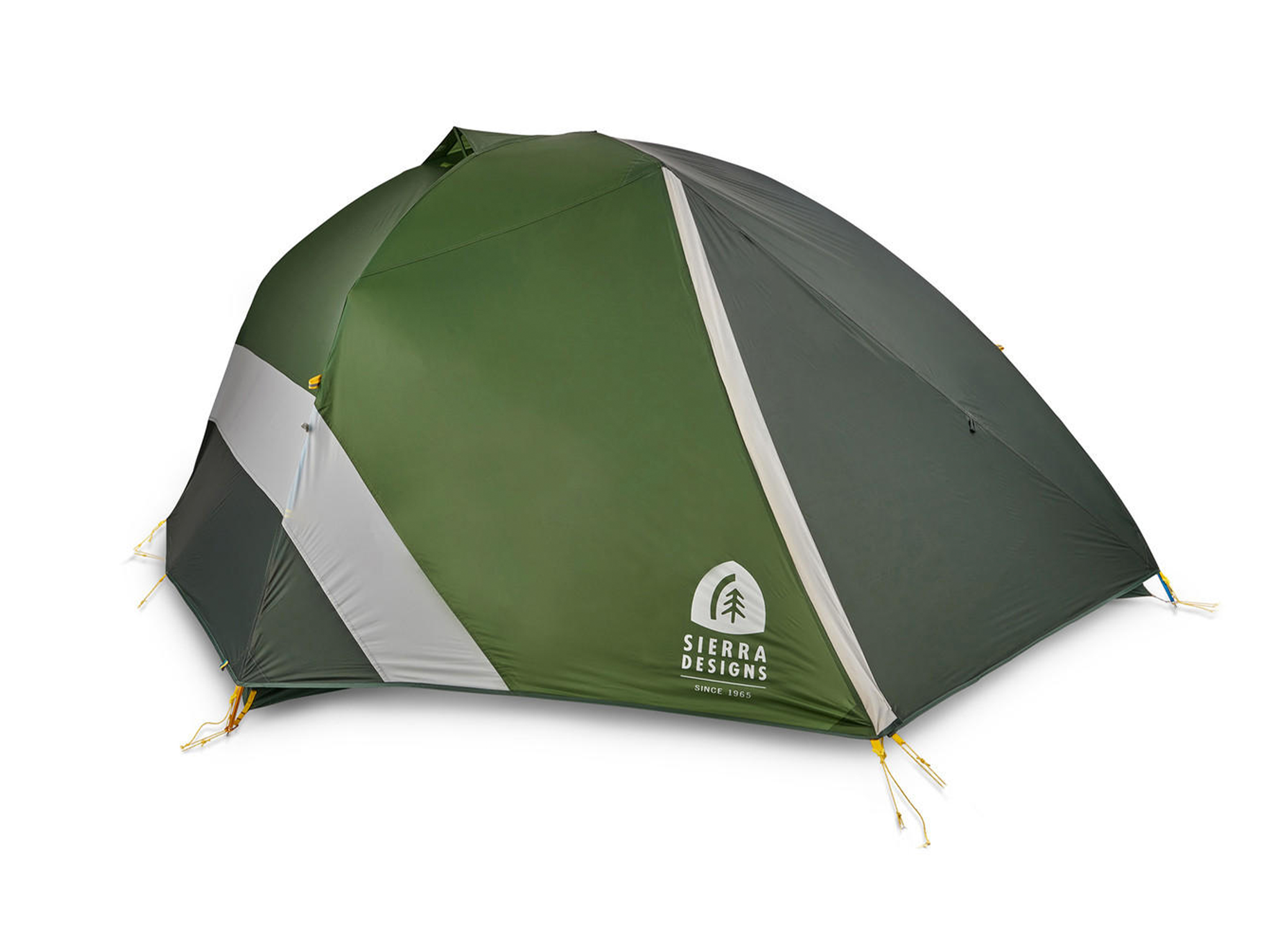
- Best: All-rounder
- Sleeps: Two
- Weight: 1.66kg
- Waterproofing: Unspecified
- Why we love it
- Back-savingly lightweight
- Reliably waterproof
- Quick and easy to pitch
This good-looking two-person tent ticked all our boxes on test: it’s back-savingly lightweight at just 1.66kg; it’s reliably waterproof; and, despite its compact, packable size, it offers a good amount of space for two people. Two doors and two porches make it easy to share the meteor lite with a friend, with plenty of space for boots and packs. This tent is quick and easy to pitch, and is a great choice for changeable weather, as it’s waterproof enough to withstand storms, with its dome design helping to shrug off strong winds.
Vango project hydrogen air
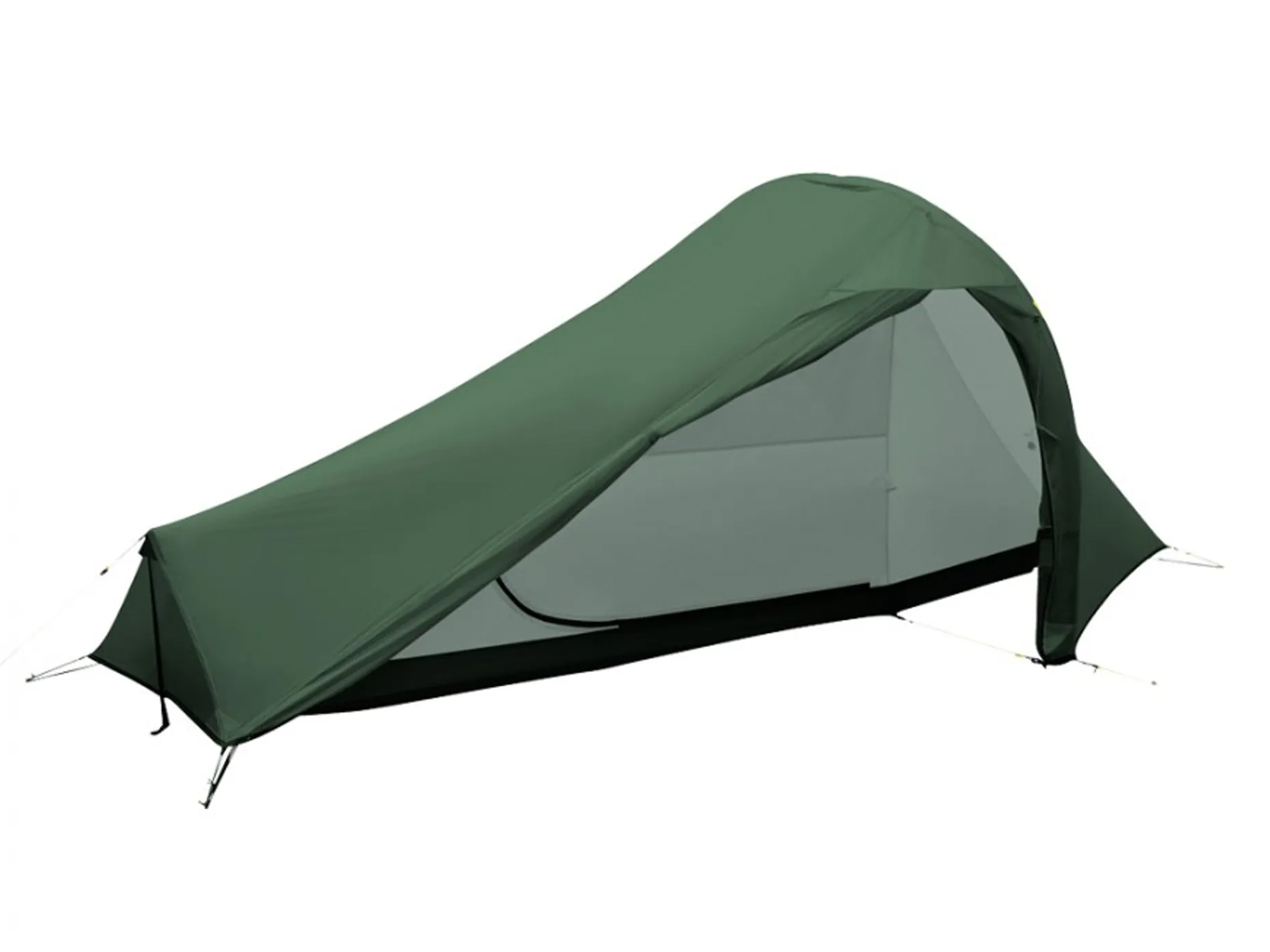
- Best: Lightweight model
- Sleeps: One
- Weight: 700g
- Waterproofing: 5,000mm
- Why we love it
- Very portable
- Quick and easy to pitch
- Super light
- Take note
- Expensive
Vango reckons this is the lightest backpacking tent on the market. Packed away, the tent is tiny – about the size of a large loaf of bread – and will fit easily into small rucksacks and cramped bike panniers. The inflatable project hydrogen is quick and easy to pitch, using a bike pump (included). The tent may be small but there’s good living space for one person, with a porch to store kit and enough room to sit up inside. Vango’s lightest offering may be expensive but if you’re a hardy hiker, investing in this tent will see you through years of adventures.
Sierra Designs high side 3000 one-person tent

- Best: One-person tent
- Sleeps: One
- Weight: 1kg
- Waterproofing: 3,000mm
- Why we love it
- Perfectly proportioned for one person
- Comfortable to carry around all day
- Take note
- Limited room inside
Exploring solo? Sierra Designs’ small but mighty tent is perfectly proportioned for one person. Compact enough to fit into a small rucksack and lightweight enough to be comfortable to carry during all-day treks, this is the model to choose for multi-day treks along long-distance trails. Inside, there is limited room, however – it just about fits one person, although there is a porch that can be extended into an awning with a walking pole, creating a good indoor/outdoor living space.
The verdict: Backpacking tents
Which tent is right for you will depend on how many people you’re travelling with. The Sierra Designs high side is perfect for solo backpackers, while Vango F10 xenon UL has a surprising amount of space for two to share, for example. However, when it comes to overall design, our pick of the pack is MSR’s hubba hubba, which is a bestseller for a reason.
Want more recommendations? Check out our guide to the best camping mats
Voucher Codes







